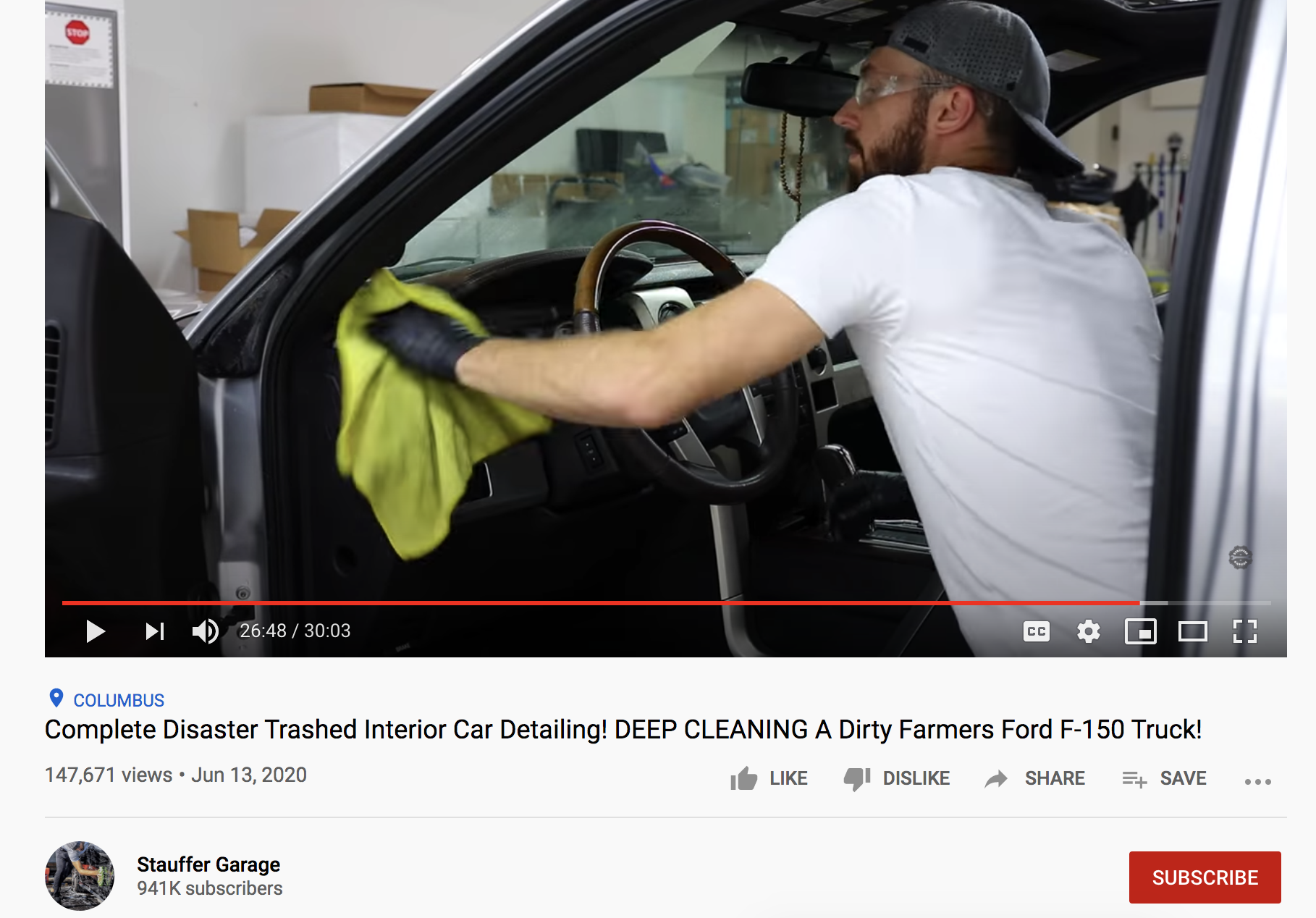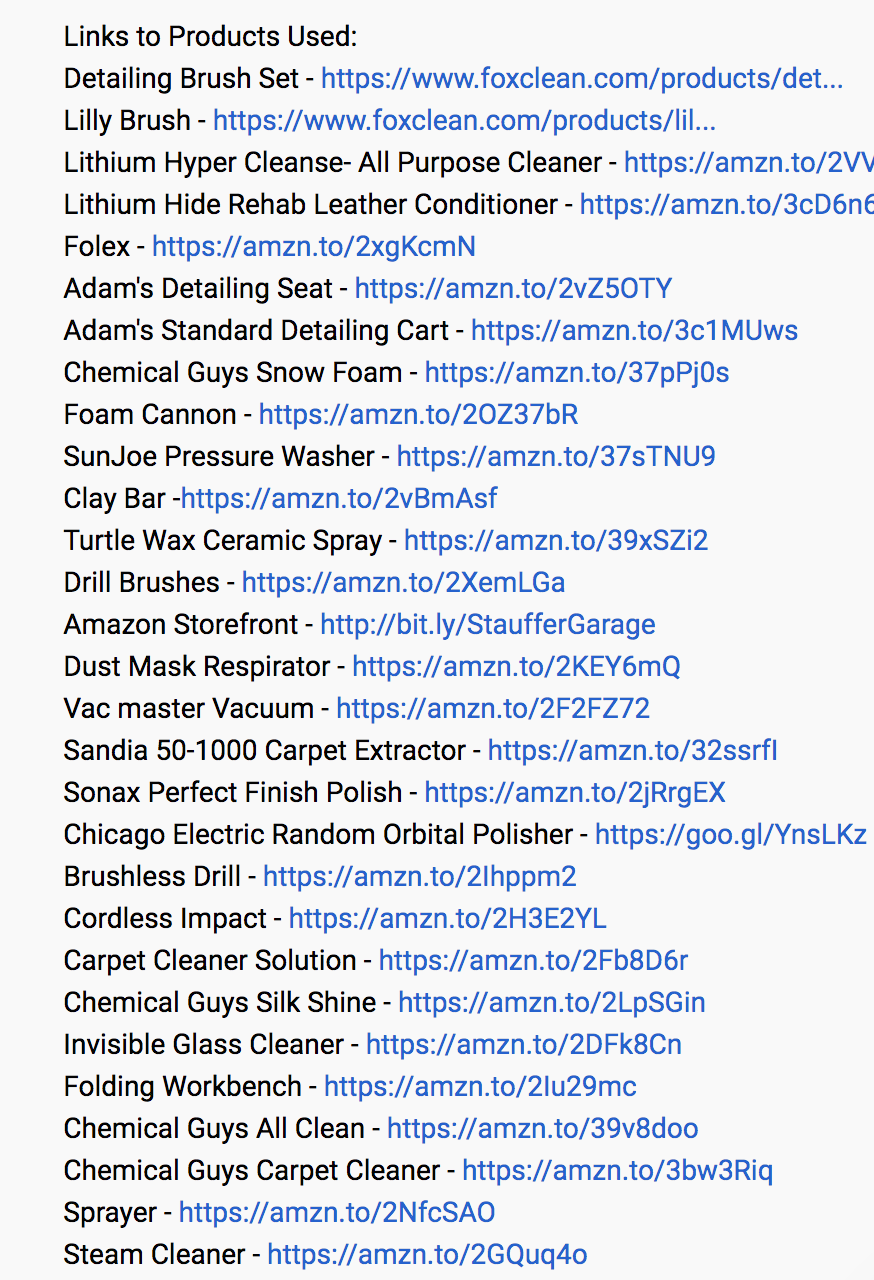This is Please Like Me, BuzzFeed News’ newsletter about how influencers are battling for your attention. You can sign up here.
So...what comes after the black square?
Many popular (mostly white) influencers have gone back to regular programming this week with their usual promos and ads. These links aren’t meant to call anyone out individually, but hopefully serve as a(nother) reminder: If you’ve posted some nice social justice mantras and banners — perhaps even a black square! — and are settling back to your normal influencer life, you are showing your privilege.
Akilah Hughes, a YouTuber and comedian, put it even more succinctly in an Instagram video she made this week that went viral.
“If you are an influencer and you are on the beach right now, or posting picture of that and ignoring Black Lives Matter and the moment this country is in, you are not an influencer, you’re a salesperson for brands,” she says in the video shared to her page @akilahh.
“I don’t get to go to the beach and pretend like it’s not happening,” Akilah continues. “I’m going to challenge you to step it up and to continue because that’s what we’re doing.” (I reached out to her to hear more, but didn’t hear back by publication time.)
This newsletter is still relatively new to me, but I’ve covered enough stuff about influencers to know how difficult it can be for some of them to really internalize criticism — at least not without turning it into a bigger production or making it all about themselves, again. So I’ll just use myself as an example this time.
In the past few weeks, I’ve posted some nice social justice mantras, teachable moments, and reported stories to my Instagram stories. I’ve also intermittently posted non–social justice and non-BLM content — some very frivolous things, like TikTok dances and the usual mundane updates that you always think other people care more about than they actually do. This is my privilege. I am not risking my health, with the possibility of contracting COVID-19, to lead civil rights marches on the front lines. I do not live with the everyday racism and prejudices against Black people for just being Black (!) as much as I can understand that general reality, being a person of color. And I am privileged to be able to support a national movement while also “taking breaks” and insulating myself from it from time to time. I’m still reckoning with this guilt, and awareness, and awkward gratitude for it.
As I scroll through a feed of some of the most popular influencers who posted one black square two weeks ago and have gone back to their normie posts, I’m asking that you, amorphous white influencer, also sit with this awareness, guilt, and all the inconvenient and discomforting feelings that might come up, especially since you make money directly from these posts. Your profits are huge and your influence is even bigger. Whatever you do with the privilege is your choice, but recognizing the privilege is a necessary starting point.
Niccole Thurman, an actor and comedian, posted a hilarious tweet to her Instagram (@niccole_dot_t) joking about this phenomenon. When I reached out to her, she had some poignant things to say about it.
“[Posting] a black square and saying you’re listening is passive. It’s inactive. It does nothing but allows you to take a day off while other people are out there in the streets begging not to be killed and discriminated against by the system,” Thurman said. “An influencer, if they really want to influence, they should be taking action or at the very least opening their purses.”
“I think if a white influencer is saying, ‘I’m open to listening, learning, helping,’ they’re in the middle. That’s not doing anything.”
Overall, she said she’d like to see “a long-term shift in their content.”
“I want to see representation. I want to see them supporting and working with more Black-owned businesses,” she said.
Niccole also has some consumer power. She can choose to unfollow and not give any mind to influencers who aren’t doing more to support the Black Lives Matter movement. (And so can you and I, BTW.)
“If influencers do that thing where they post three pictures of Black people in their clothes or makeup for like a week and then they end up going back to the same old shit, I’m over them. I don’t want to see that anymore,” she said. “Keep your shit diverse. It is not hard.”
—Tanya
It’s back to normal at the Stauffer Garage, less than a month after the Huxley scandal

On May 27, I reported on the story of Huxley Stauffer, an adopted child whose parents, James and Myka, had made a career out of filming him and his siblings for their YouTube channels. In a shocking video, the Stauffers announced they had given Huxley away to another family after unspecified behavioral issues, sparking worldwide outrage. (The video is now private.)
Less than a month later, the couple is back on YouTube posting monetized content. Not on their family channel, or on Myka’s account, which remain silent, but on James’ car-detailing channel, Stauffer Garage. And while a lot of attention has been paid by the media (including me) to the Stauffer’s family channel and parenting vlogs, James’ channel is actually the most successful platform the family has. Stauffer Garage has nearly 1 million subscribers, compared to Myka’s 696,000 and the now apparently defunct The Stauffer Life family account, which reportedly had 300,000.
It appears the Stauffers are media-savvy enough to know it’s too soon to return to posting family videos on their other two channels, especially monetized ones. However, Stauffer Garage has the benefit of being distanced from the scandal, by a little at least, because it doesn’t feature the family and James’ face is rarely seen. If you’re an average person on YouTube who likes to follow car-detailing videos, it may not cross your mind to connect the dad from the recent adoption scandal with the guy you like to watch take a “farmer’s truck” from gross to clean.
In the new 30-minute video posted on June 13, you would have no idea anything had happened in the Stauffer Garage. The video is monetized as usual, with ads, and a long list of Amazon affiliate links for all the products used. It appears that James and his brand have emerged unscathed from this whole ordeal, and can continue making revenue on YouTube without ever having to answer any of the legitimate questions raised in the Huxley scandal.

I’m not sure if it was intentional on the part of the Stauffers, but the media coverage of the scandal focused a lot on Myka and her channels, leaving James and his off-topic brands apparently completely fine. I’ll admit I am part of the problem. I too primarily focused on Myka’s social media in my stories, probably unintentionally centering her in the scandal and crowding out James when both should be held accountable.
Some of you may be thinking, so what? Why can’t this guy keep up his lucrative YouTube business despite what went down in his personal life? I disagree. The situation with Huxley and how his entire life was monetized on YouTube has raised real, legitimate questions about how the child was treated by the family and, more broadly, about the rights of children on social media. We can’t just sweep these issues under the rug, and neither can YouTube, which I believe has the real power in holding its creators accountable.
Being a content creator is a privilege, not a right. If we are ever going to legitimize the YouTube and influencer industries and rid them of their myriad problems, people need to be held accountable and bad actors need to face actual consequences. Period.
—Stephanie

